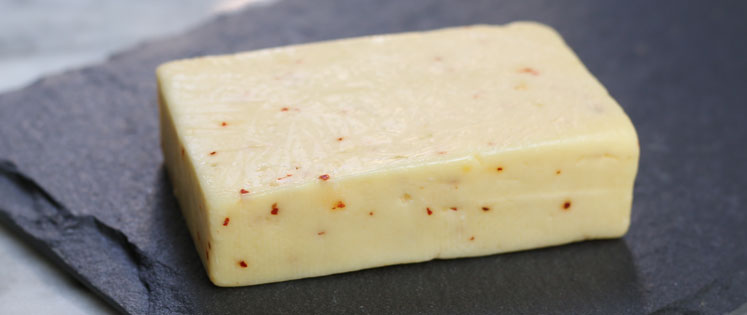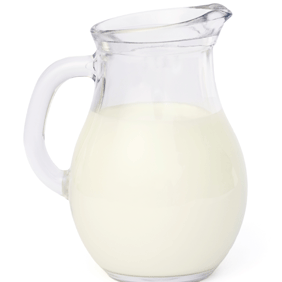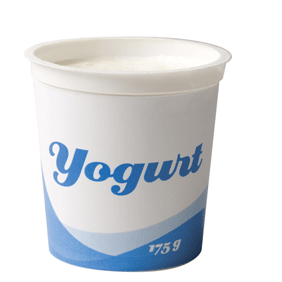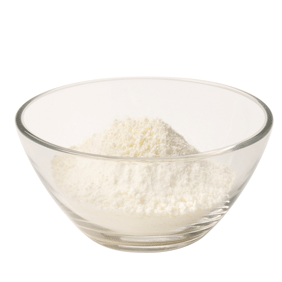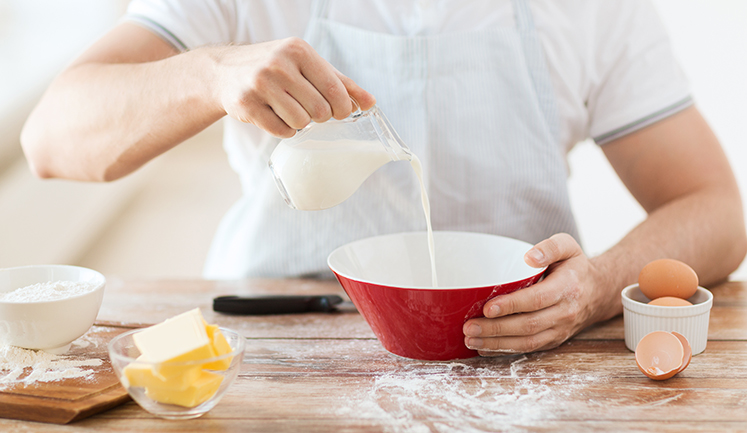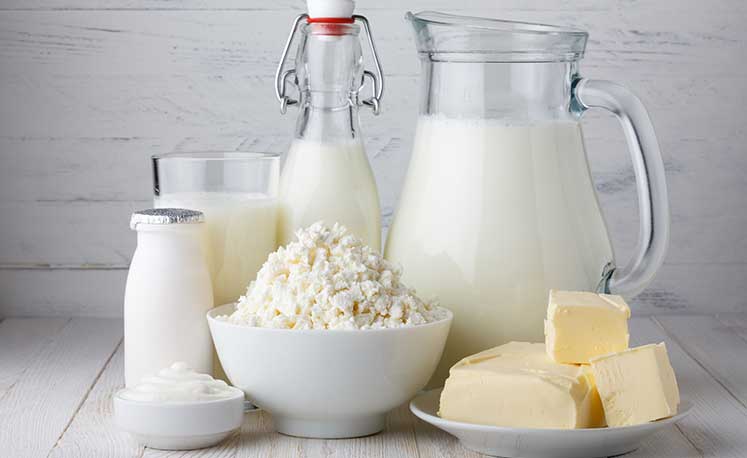Freezing Cheese
Can you freeze cheese? It depends… Fresh Cheese Freezing most fresh cheese is not advised as flavour and texture may change. Cream cheese freezes well. If crumbly and slightly separated, whip before using. When used as an ingredient, the dish may be frozen without affecting the flavour or quality of the product. Aged Cheese Aged […]
Read more